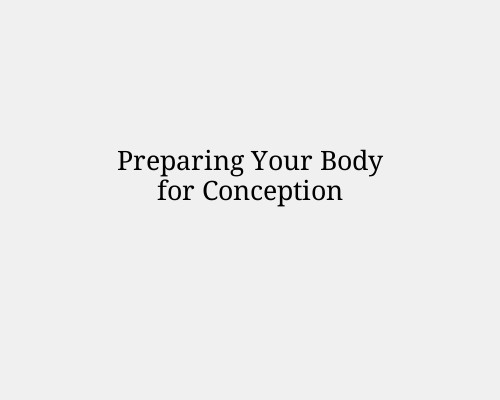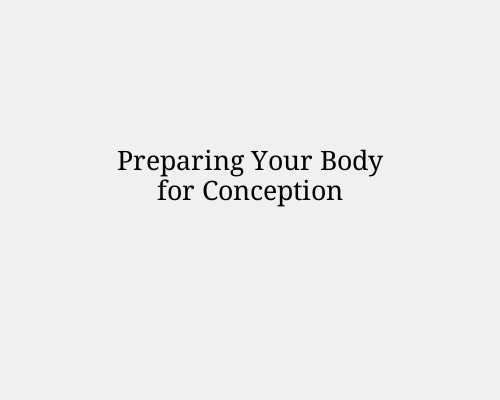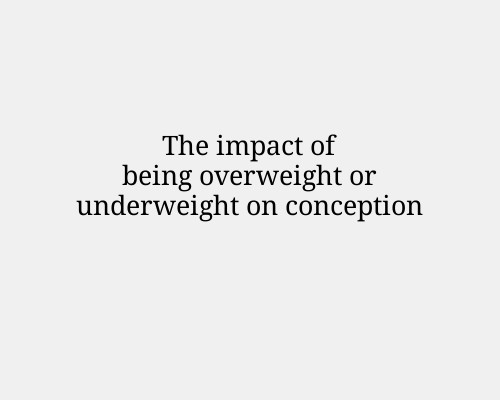
Getting ready for pregnancy involves more than just deciding to have a baby. Preparing your body for conception increases your chances of a healthy pregnancy and a successful outcome. Here’s how you can optimize your health before trying to conceive.
Schedule a Preconception Check-up
A preconception check-up with your healthcare provider can help identify potential issues that may affect pregnancy. This appointment can include:
Reviewing your medical history and current medications
Checking for chronic conditions like diabetes or high blood pressure
Ensuring vaccinations are up to date
Discussing lifestyle habits that might need adjustment
Maintain a Healthy Diet
A balanced diet rich in essential nutrients is vital for reproductive health. Focus on:
Folic Acid: Helps prevent neural tube defects; found in leafy greens, citrus fruits, and fortified cereals.
Iron: Supports healthy blood production; found in lean meats, beans, and spinach.
Calcium: Strengthens bones and teeth; found in dairy products and fortified plant-based alternatives.
Omega-3 Fatty Acids: Improves egg quality and hormone production; found in fish, walnuts, and flaxseeds.
Achieve a Healthy Weight
Both underweight and overweight individuals may experience fertility issues. Achieving a healthy BMI through a balanced diet and regular exercise can improve ovulation and overall reproductive health.
Exercise Regularly
Moderate exercise can boost fertility, reduce stress, and improve overall well-being. However, excessive exercise may disrupt menstrual cycles, so maintaining a balanced routine is key.
Manage Stress Levels
High stress can negatively impact hormone levels and ovulation. Consider relaxation techniques such as:
Meditation and deep breathing exercises
Yoga or light stretching
Engaging in hobbies and social activities
Stop Smoking, Limit Alcohol, and Reduce Caffeine
Smoking affects egg quality and increases the risk of miscarriage.
Alcohol consumption should be minimized as it can impact hormone levels and foetal development.
Caffeine intake should be limited to no more than 200 mg per day (approximately one 12-ounce cup of coffee).
Track Your Menstrual Cycle
Understanding your cycle helps identify your most fertile days. Methods include:
Monitoring basal body temperature
Tracking cervical mucus changes
Using ovulation predictor kits
Check Your Partner’s Health
Male fertility is equally important in conception. Encourage your partner to:
Maintain a healthy diet
Avoid excessive alcohol and smoking
Reduce stress levels
Get a health check-up, including sperm analysis if necessary
Consider Prenatal Vitamins
Prenatal vitamins, especially those containing folic acid, iron, and vitamin D, can prepare your body for pregnancy and support early foetal development.
Address Underlying Health Conditions
Conditions like PCOS, thyroid disorders, and endometriosis can impact fertility. Work with your doctor to manage these issues before trying to conceive.
Conclusion
Preparing for pregnancy involves optimizing your overall health, adopting a balanced lifestyle, and seeking medical guidance when necessary. By taking these steps, you increase your chances of a smooth conception and a healthy pregnancy.


